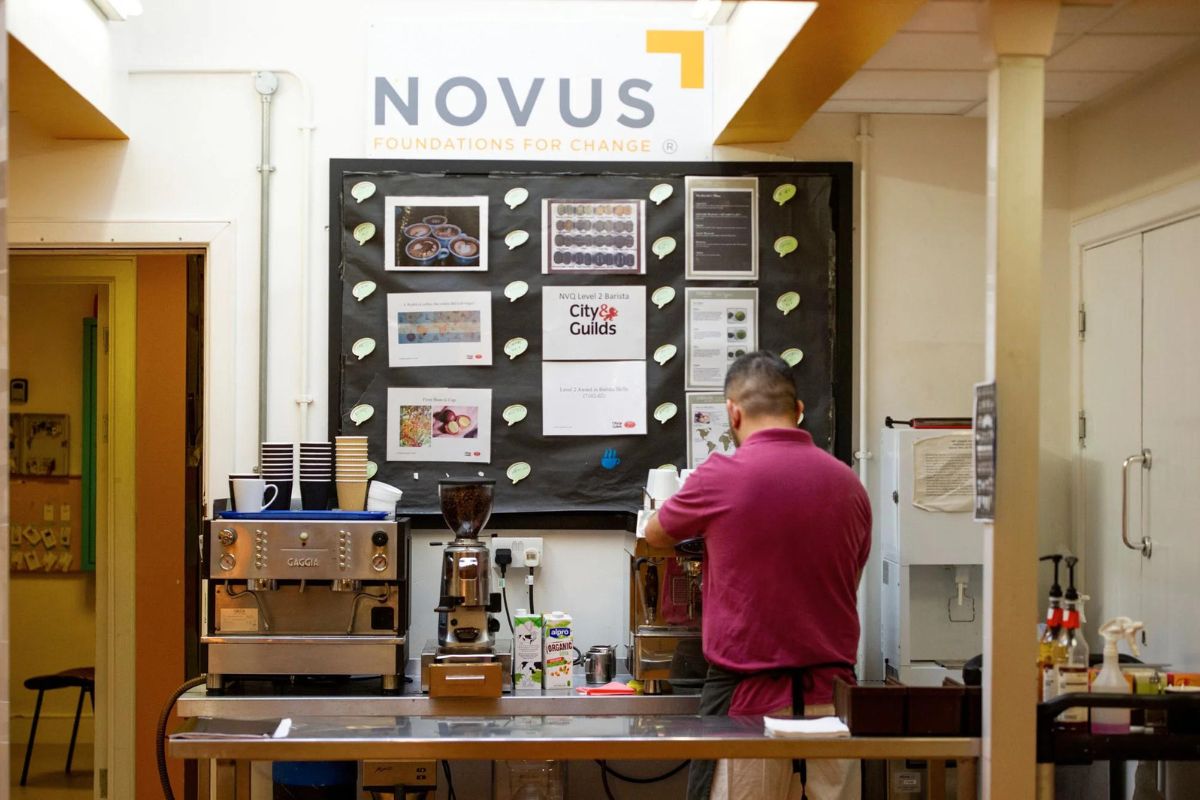How is 5G crucial to the future of work?

5G will power our future digital economy
Connectivity will dramatically impact the future of work.
The future of communities throughout the UK and our economy depends on businesses and the Government’s ability to invest in a long-term digital transformation strategy – underpinned by increased connectivity. Naturally, as we continue to change as a society and further digitise, this will have a transformative impact on the future of work.
5G is only just becoming a reality, so its impacts are yet to be seen or felt by many. At its heart, 5G is an innovation platform. Faster connectivity will spur even greater innovation; the quicker we can make tech work, the more that is possible. Education will be crucial in ensuring that everyone has opportunities in this new world of possibilities.
What will 5G enable?
The shift to 5G has the potential to revolutionise roles and sectors. And quite possibly create entirely new ones. We know workers will need different skills in the future, so we must start to understand this technology now to prepare people for the future of work.
5G enables superfast connectivity and, with it, the integration of technologies like AR and VR. Imagine what that could mean for the future of gaming and entertainment. Critical healthcare operations like remote surgery and diagnosis will be possible in isolated locations, and genuinely autonomous systems such as self-driving cars will, at last, be a reality.
With the rollout of lower latency connectivity, entire industries will transform and flourish. Smart factories will bring greater efficiencies, supply chains will become more transparent, and the transport of goods and people will evolve with automated vehicles and high-speed travel networks. Mixed reality will come on stream as a viable method for remote employee training or classroom learning. Connectivity innovations will make many jobs safer, more meaningful and therefore more attractive to new talent.
5G presents new and exciting opportunities to innovate and improve all industries, from manufacturing and agriculture to telemedicine and emergency response. Increased connectivity has been particularly applicable to healthcare, with many technologies relying on the 5G network to perform. For example, 5G enables doctors and nurses to stay connected to patients who need continuous care without being in the same place. There is also a massive opportunity for healthcare to benefit from the increased use of AI and machine learning, which can help diagnose cancer and empower patients to be more involved with their own health through wearables and predictive analytics. 5G will also play a crucial role in laying the foundations to ensure the resilience and accessibility of healthcare systems for all.
The emergence of 5G holds many of the answers to the question of equitable connectivity. For example, 5G can enable water technicians to control efficient irrigation systems and improve water management. It has the potential to revolutionise first responders’ approach to emergencies. Increased connectivity will empower much more than automating tasks. Through 5G-enabled augmented reality (AR), we can realise new dimensions in 3D visualisation, support blockchain-powered platforms to govern identity, and bring autonomous vehicles to people worldwide. There is a limitless future of uses and professions that will be powered by advanced connectivity.
How is 5G crucial to the future of work?
Dell Technologies estimates that 40% of global networks will be covered by 5G in 2024, handling 25% of the mobile traffic worldwide. This level of superfast coverage will transform the digital world and power a future filled with digital opportunities. For example, organisations will have the infrastructure to support hybrid working that synchronises physical and digital communication and makes data transfers virtually lag-free. Imagine working seamlessly with colleagues globally from anywhere.
5G will accelerate the development and maximise the potential of emerging technologies like AI, ML and loT, opening the door for advancements we haven’t even conceived of yet.
Better connectivity will also power us to become a data-driven society. 5G will enhance our capabilities for data analysis, improving and speeding up our ability to measure, for example, how we are tracking against Net Zero targets to tackle climate change. Early identification of environmental problems could mean reducing emissions in the energy industry by almost one per cent by 2030.
As the UK continues to be a leading digital economy, we need to prepare everyone for the future world of work. Connectivity advancements mean that this future will not be static but rather a dynamic system of rapid innovation. To fully benefit from digitalisation, we need to ensure that everyone can access the opportunities technology brings. We can do this through businesses and Government working together, particularly around education and equipping everyone with the digital skills needed for the future.
John Bailey, UK Director of Higher Education & Research Institutions, Dell
The second in a 2-part series on how evolving connectivity will impact the future of work, part one is “Connectivity supports equipping everyone with skills for the future”












Responses